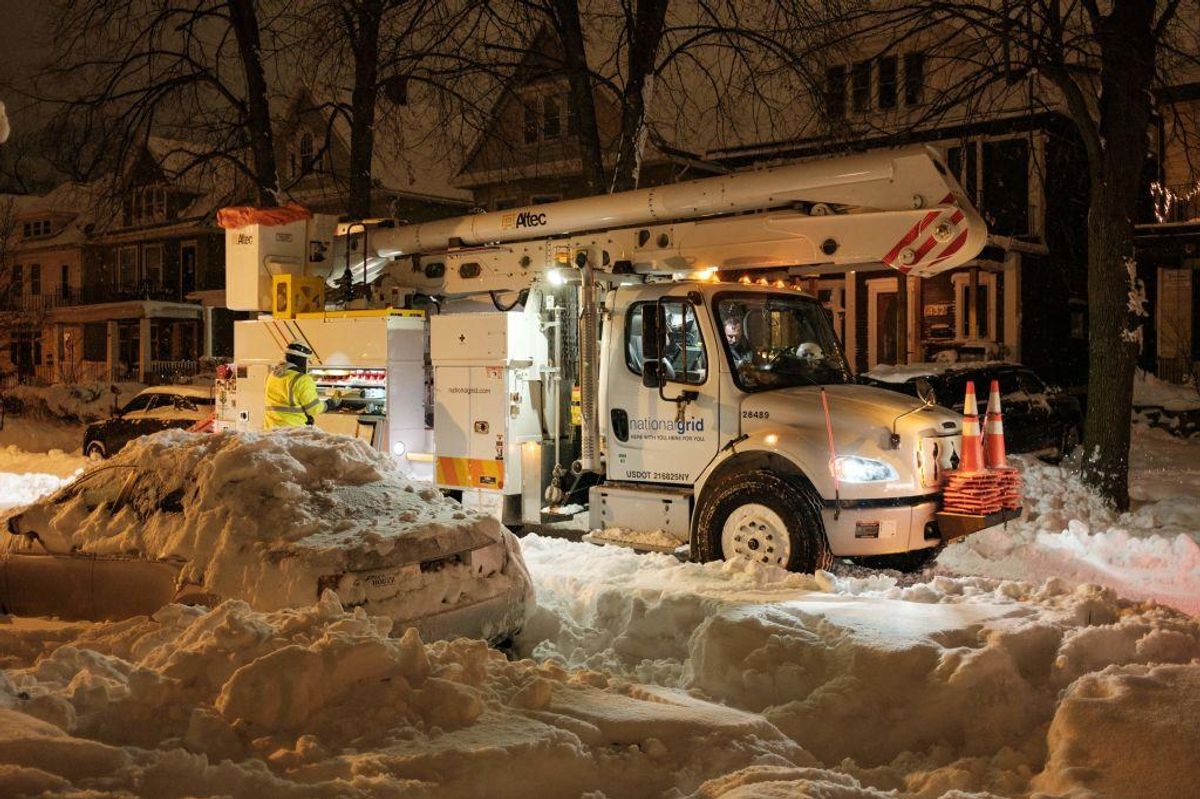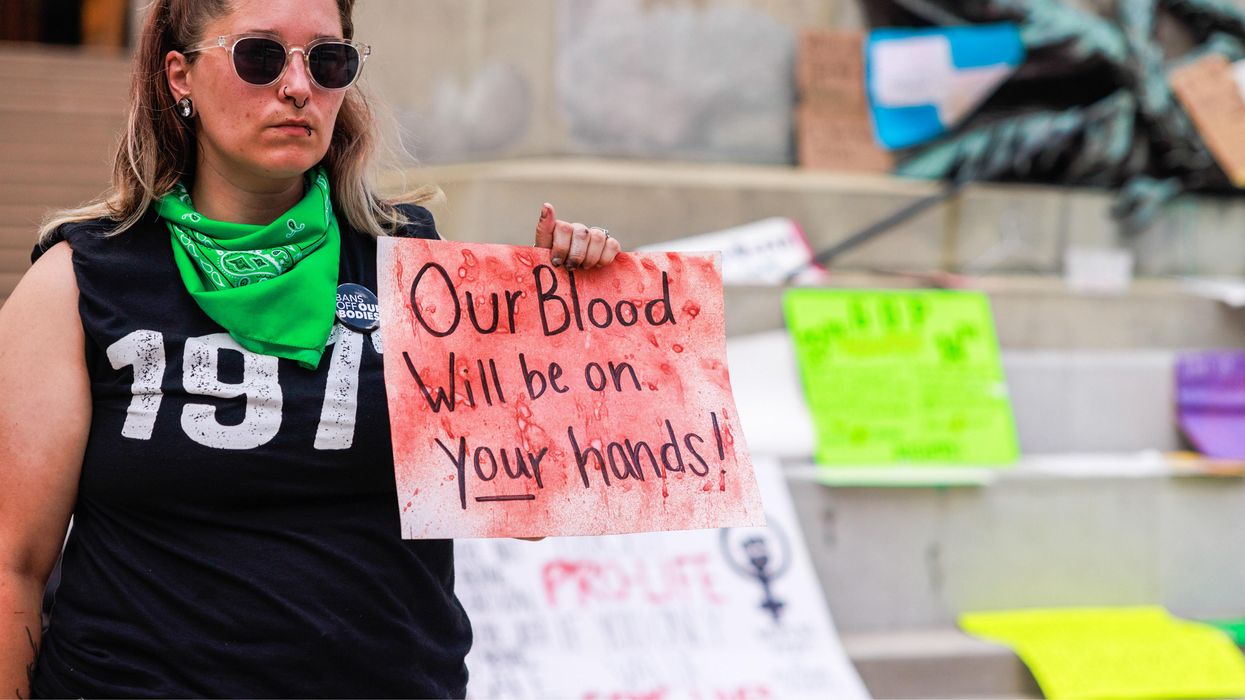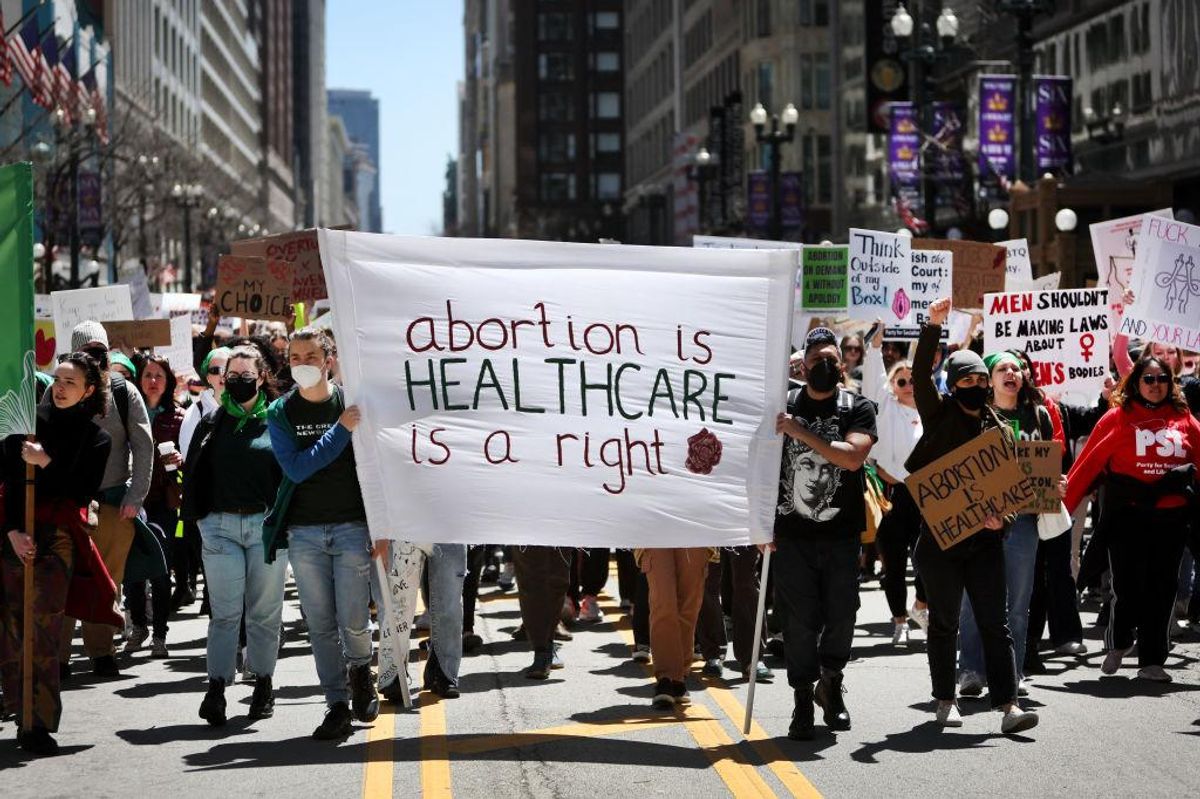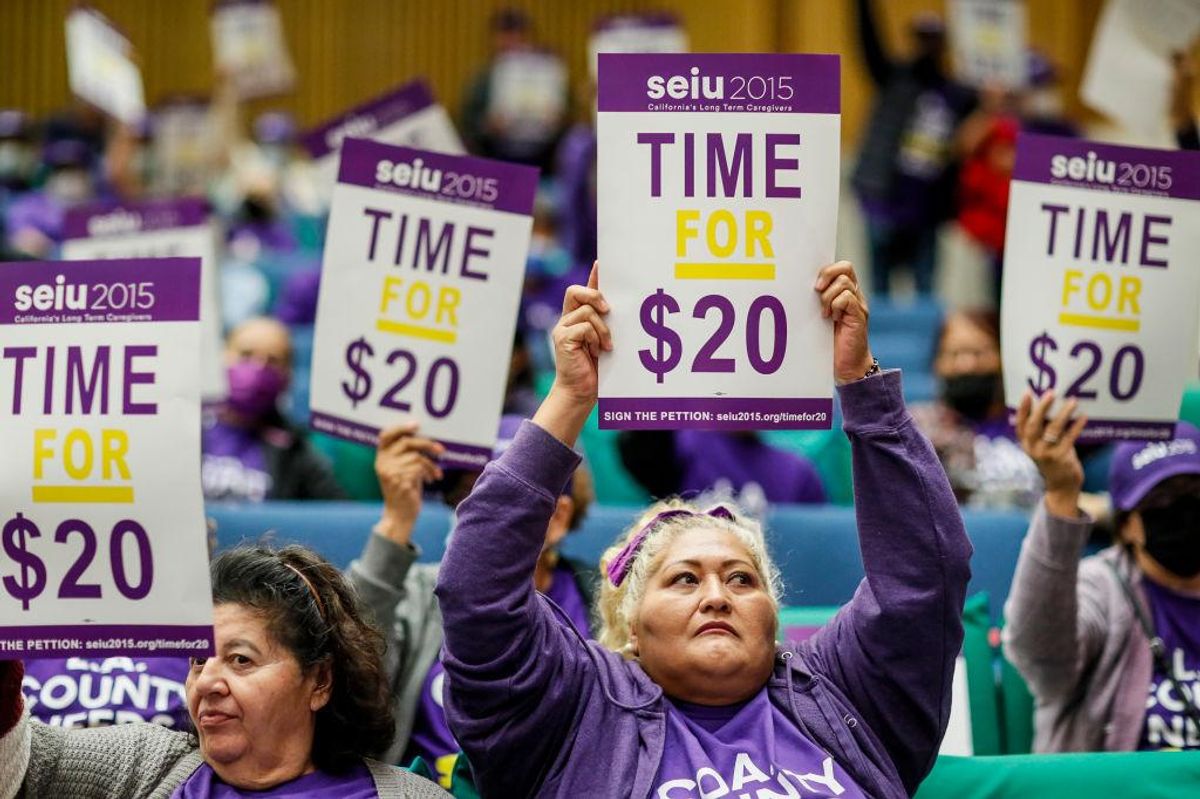
The Biden administration on Thursday filed suit against one of the nation’s largest pharmaceutical distributors, AmerisourceBergen, and two of its subsidiaries for allegedly violating federal law and contributing to the opioid epidemic.
Filed in the U.S. District Court for the Eastern District of Pennsylvania, the complaint accuses AmerisourceBergen of at least hundreds of thousands of violations of the Controlled Substances Act. The U.S. Department of Justice (DOJ) is requesting civil penalties and injunctive relief.
“The Department of Justice is committed to holding accountable those who fueled the opioid crisis by flouting the law.”
“The Department of Justice is committed to holding accountable those who fueled the opioid crisis by flouting the law,” Associate Attorney General Vanita Gupta said in a statement. “Companies distributing opioids are required to report suspicious orders to federal law enforcement. Our complaint alleges that AmerisourceBergen—which sold billions of units of prescription opioids over the past decade—repeatedly failed to comply with that requirement.”
Anne Milgram, head of the Drug Enforcement Administration (DEA), a Justice Department agency, highlighted that the complaint “alleges that the company’s repeated and systemic failure to fulfill this simple obligation helped ignite an opioid epidemic that has resulted in hundreds of thousands of deaths over the past decade.”
Citing data from the U.S. Centers for Disease Control and Prevention, the National Institute on Drug Abuse said earlier this year that “opioid-involved overdose deaths rose from 21,088 in 2010 to 47,600 in 2017 and remained steady in 2018 with 46,802 deaths. This was followed by a significant increase through 2020 to 68,630 overdose deaths.”
The DOJ’s complaint spotlights five pharmacies to which AmerisourceBergen distributed drugs: two in New Jersey and one each in Colorado, Florida, and West Virginia.
“For years, AmerisourceBergen put its profits from opioid sales over the safety of Americans,” declared Philip R. Sellinger, the U.S. attorney for the District of New Jersey. “According to the complaint, this was part of a brazen, blatant, and systemic failure by one of the largest companies in America.”
Jacqueline C. Romero, the U.S. attorney for the Eastern District of Pennsylvania, said that “the allegations against AmerisourceBergen are disturbing, especially for a company that is headquartered only a few miles from neighborhoods in Philadelphia devastated by the opioid epidemic.”
\u201c\u201cAmerisourceBergen, a wholesale drug distributor, flagrantly and repeatedly violated its obligation to notify DEA of suspicious orders for controlled substances, which directly contributed to the epidemic of prescription opioid abuse across the United States,\u201d stated U.S.A Peace.\u201d— US Attorney EDNY (@US Attorney EDNY) 1672332320
In a lengthy statement responding to the new suit, the distributor provided details about each of the five pharmacies, and claimed that the examples “were cherry-picked by DOJ from the thousands of pharmacies AmerisourceBergen delivers medicines to be the most incriminating to the company.”
“An objective review of the facts shows that the DOJ’s complaint about AmerisourceBergen is simply an attempt to shift blame from past administrations at the Department of Justice and specifically their agency, the DEA, to industries they were tasked with regulating,” the company added.
Meanwhile, in a tweet Thursday, Congresswoman Pramila Jayapal (D-Wash.) welcomed the “strong action” from the DOJ “to hold pharma and distributors accountable for fueling the opioid crisis.”
Various multibillion-dollar settlements for other suits have already been reached with opioid distributors, manufacturers, and retailers—including AmerisourceBergen, Cardinal Health, CVS, Johnson & Johnson, McKesson, Walgreens, and Walmart.
However, many policymakers, experts, and advocates argue more must be done. As Jayapal put it: “All these companies need to be held accountable. This is a start.”
This post was originally published on Common Dreams.









